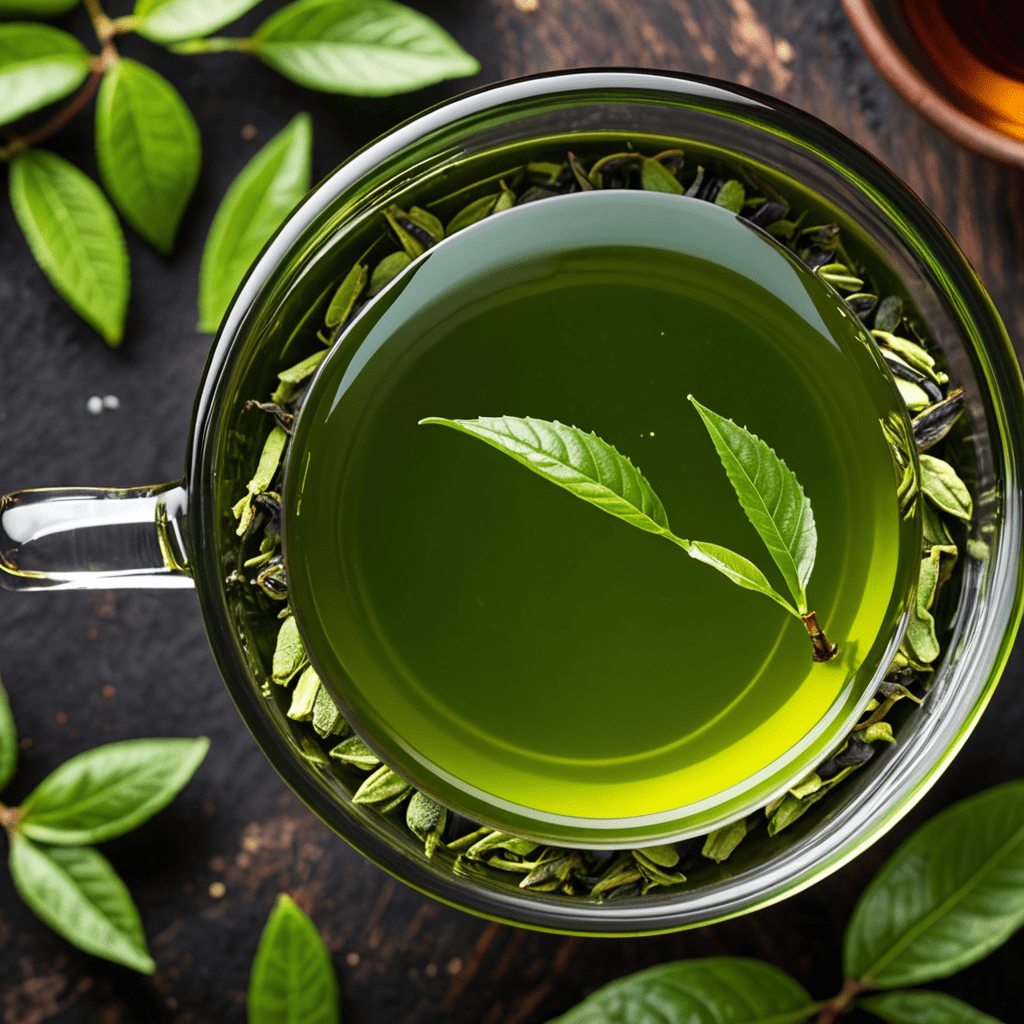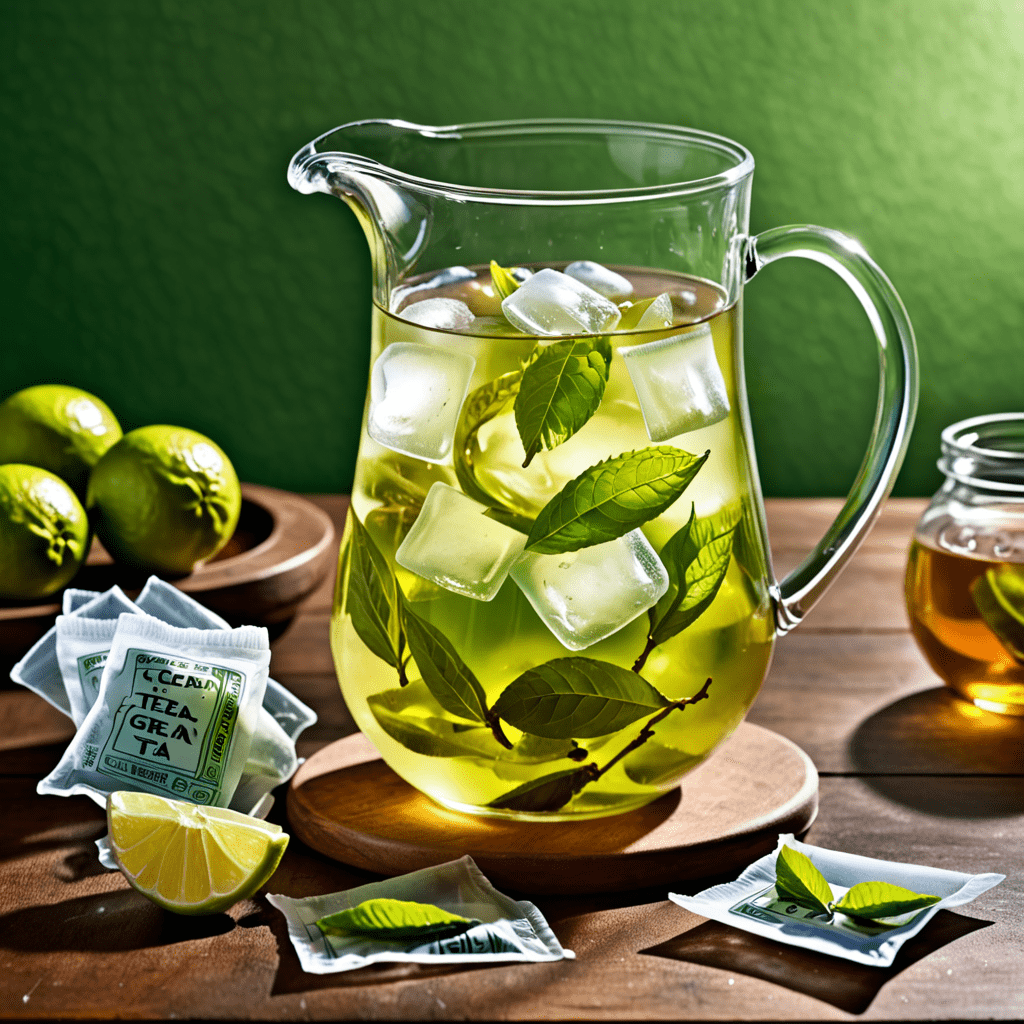History of Ceylon Tea and Its Significance
Ceylon tea, originating from the breathtaking landscapes of Sri Lanka, holds a profound significance in the global tea arena. Its journey began centuries ago, dating back to the 19th century when British colonizers introduced tea plants to the island. Since then, Ceylon tea has garnered widespread recognition for its exquisite flavor, aroma, and inherent health benefits. Today, it stands as a symbol of Sri Lankan heritage, deeply rooted in the country's cultural fabric and economic vitality.
Traditional Ceylon Tea Rituals
The traditional Ceylon tea ceremony is an art form steeped in centuries of tradition and cultural nuances. It involves a meticulous process that begins with the selection of high-quality tea leaves, often handpicked from the verdant tea gardens. The leaves are then carefully dried and processed to preserve their delicate flavors and aromas. The brewing method is equally important, with specific techniques employed to extract the tea's optimal essence.
Modern Adaptations of the Ceylon Tea Ceremony
While the traditional Ceylon tea ceremony remains a revered practice, modern adaptations have emerged to cater to contemporary lifestyles and preferences. These adaptations, while respecting the core principles of the ritual, introduce innovative elements that enhance the overall experience. For instance, the use of contemporary teaware, such as glass or porcelain teapots, adds a touch of elegance and modernity to the ceremony.
Tea Masters: Training and Responsibilities
Tea masters, known as "tea gurus" in Sri Lanka, play a pivotal role in preserving and perpetuating the Ceylon tea ceremony. They undergo rigorous training to master the intricate art of tea making, as well as the knowledge surrounding different tea varieties and brewing techniques. These tea masters are responsible for conducting tea ceremonies, sharing their expertise, and ensuring the continuity of this cultural legacy.
The Role of Spirituality in the Ceylon Tea Ceremony
The Ceylon tea ceremony is deeply intertwined with spirituality and mindfulness. It is believed that the act of preparing and consuming tea is a meditative practice that can promote inner peace and tranquility. The ritualistic movements, the focus on attention to detail, and the shared experience of savoring the tea together create a contemplative atmosphere that encourages reflection and spiritual connection.
The Influence of Geography and Climate on Ceylon Tea
The unique geographical and climatic conditions of Sri Lanka play a significant role in shaping the characteristics of Ceylon tea. The island's tropical climate, abundant rainfall, and fertile soil provide ideal conditions for tea cultivation. The varying altitudes of the tea-growing regions contribute to the diverse flavors and aromas of Ceylon tea, with high-elevation teas exhibiting a lighter, more delicate profile, while low-elevation teas tend to be bolder and more robust.
Variations of Ceylon Tea Ceremonies in Different Regions
While the core principles of the Ceylon tea ceremony remain consistent across Sri Lanka, there are subtle variations in rituals and customs depending on the region. For example, in the central highlands of Kandy, the tea ceremony is often accompanied by traditional Kandyan dance performances, adding a vibrant cultural dimension to the experience. In the coastal regions, the ceremony may incorporate elements of local folklore and storytelling, creating a unique blend of tradition and modernity.
The Cultural and Social Impact of Ceylon Tea Ceremonies
The Ceylon tea ceremony is deeply embedded in Sri Lankan culture and society. It is a symbol of hospitality, friendship, and unity. The ritual provides a space for people to connect, engage in meaningful conversations, and share stories over a cup of tea. The ceremony also plays a significant role in fostering community bonds and preserving cultural heritage.
The Health and Wellness Benefits Associated with Ceylon Tea
Ceylon tea is not only a delight to the senses but also offers numerous health benefits. It is rich in antioxidants, which help protect against cell damage and reduce the risk of chronic diseases. Ceylon tea has also been shown to improve heart health, boost immunity, and promote digestion. The presence of L-theanine, an amino acid, contributes to its calming and stress-reducing effects, making it an ideal beverage for relaxation and well-being.
Preserving the Heritage and Future of Ceylon Tea Ceremonies
The Ceylon tea ceremony is a valuable cultural asset that deserves preservation and promotion. Several initiatives are underway in Sri Lanka to safeguard this heritage, including the establishment of tea museums, training programs for tea masters, and the documentation of traditional tea-making practices. By passing down knowledge and traditions to future generations, Sri Lanka aims to ensure that the Ceylon tea ceremony continues to thrive as a living symbol of its rich cultural identity.
FAQ
Q: What is the difference between Ceylon tea and other types of tea?
A: Ceylon tea is known for its unique flavor and aroma, resulting from the specific growing conditions and processing techniques used in Sri Lanka.
Q: How is Ceylon tea traditionally prepared?
A: Traditional Ceylon tea is prepared using a specific method involving the selection of high-quality tea leaves, drying, and processing to preserve their delicate flavors and aromas.
Q: What are the health benefits of Ceylon tea?
A: Ceylon tea is rich in antioxidants and offers various health benefits, including improved heart health, boosted immunity, and stress reduction.
Q: How can I experience a Ceylon tea ceremony in Sri Lanka?
A: There are several tea plantations and cultural centers in Sri Lanka that offer visitors the opportunity to experience a traditional Ceylon tea ceremony.
Q: What is the role of tea masters in the Ceylon tea ceremony?
A: Tea masters, known as "tea gurus," play a crucial role in preserving and perpetuating the Ceylon tea ceremony. They undergo rigorous training to master the art of tea making and share their expertise to ensure the continuity of this cultural legacy.

